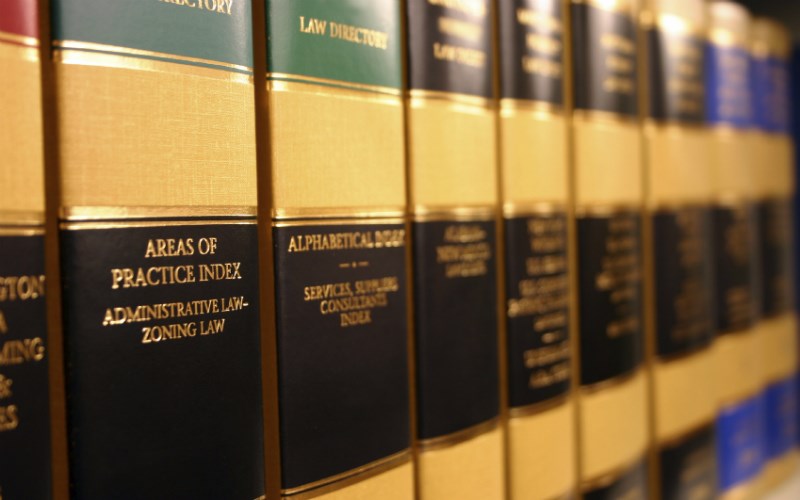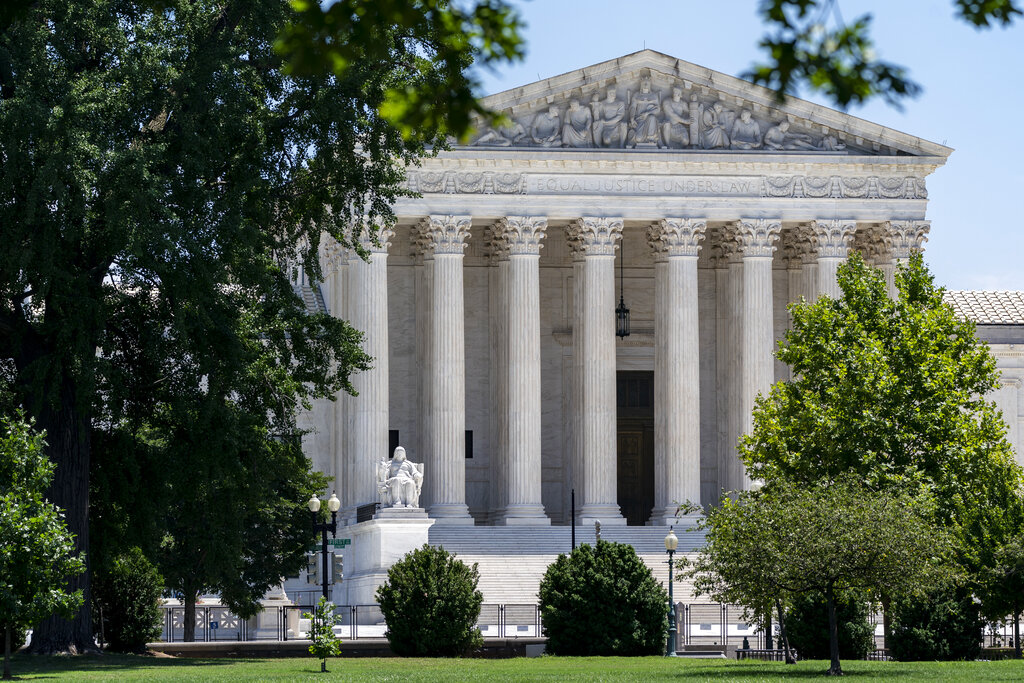That "alternative pathway" to practice law there stems from a recent ruling by the Washington Supreme Court – the same court that in 2020 created the Bar Licensure Task Force to look at and discuss alternative ways to becoming a licensed attorney in The Evergreen State. "The justification for this is equity," says Todd Myers with Washington Policy Center.
"[They contend] that what they call 'traditionally marginalized communities' don't have the ability to pass the bar exam that others do," Myers continues. "… They would not say [they're] lowering the standards, although they did actually lower the score required to pass the traditional bar exam, but [that] they essentially are giving other options. That's their argument."
But Myers sees it as a dangerous step toward "the soft bigotry of low expectations."
"Which is that you treat some people as if they're not capable," he defines. "I don't think that's smart. I think it's wrong."
Meanwhile, Myers suggests government licensing in a particular profession isn't necessarily a good way to determine who is and is not qualified.

"… The purpose [actually] is to create a shortage in that industry, so that those who do get in can charge higher prices," he warns. "And actually, the Supreme Court in its research about why they were doing this found that the bar exam was not necessarily a good guarantor of a quality lawyer; and they also pointed to the fact that they believe, at least, that there is a shortage of lawyers."
Opinions vary on whether there is a shortage of lawyers, but excessive licensing is a concern – and for Myers, at least, so is true equity.
"What we should do is reduce these licensing barriers [for everybody], not just for lawyers, who … can get some of the most powerful people in the state, deans of law schools and Supreme Court justices, to advocate for them," he notes. "But [should also do it] for working-class folks who have to go through very rigorous licensing requirements and often it gets so that they can't get a job. We need to lower licensing requirements for them too.
"So … if we truly care about equity and quality and giving everybody a shot, it should not just be lawyers who get the benefit of this."
One way to become a lawyer in Washington now involves an apprenticeship program for law school graduates who work six months under an attorney. That graduate apprentice would then be required to submit a portfolio to the State Bar for review.
A second option involves approximately 12 credits from coursework along with 500 hours of legal work experience. A portfolio would also need to be submitted for review.







